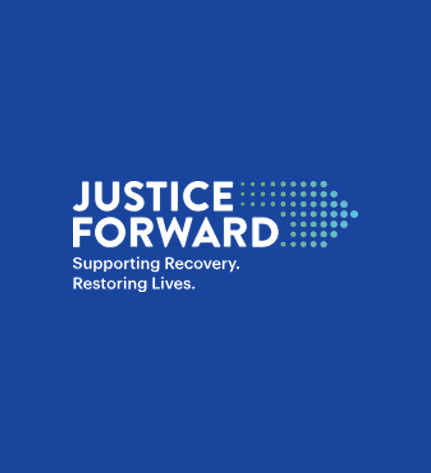Why we believe investing in trauma counseling is key to effective Specialty Court programs

If you ever wonder how many people are in the Harris County Jail on any given day, you can go to this link and find out more than you probably ever wanted to know. A real time dashboard tracks the total population broken down by sex, race and any other stat you can imagine. One of the most shocking and talked-about data points is the percentage of inmates who possess a Mental Health Indicator—when I last looked, it was more than three out of four. Of those folks, only 32% are on psychotropic medication.
Untreated mental illness and substance abuse disorders go hand in hand. According to the National Institute on Drug Abuse, “about half of those who experience a mental illness during their lives will also experience substance abuse disorder, and vice versa.” There is research that indicates that this is also true of adolescents: over 60 percent of juveniles in substance abuse treatment programs also meet the diagnostic criteria for another mental illness. This perfect storm of substance abuse disorder and mental illness present in many people in the criminal justice system is known as a co-occurring disorder. Harris County has been working to humanely and effectively work with this population of inmates to connect them with treatment and wrap-around services. The Felony Mental Health Courts work with clients who have mental illness and co-occurring disorder and who are charged with felony cases. There is also a mental health court in the juvenile system known as Court 360°. These Specialty Courts provide psychiatric and substance abuse treatment, as well as assist in getting their clients stabilized on medication. There is one critical element essential to long-term recovery and success that these courts are unable to provide: trauma counseling. Trauma is often the root cause of mental illness and substance abuse disorder. A study published in the American Journal of Psychiatry found that among adolescents aged 15 to 19 years who were in treatment for a substance use disorder, 24% of males and 45% of females had a lifetime history of PTSD—five times higher than a community sample of adolescents – and nearly 60% of young people with PTSD will develop a substance abuse problem. Up to 80% of women being treated for a substance use disorder report a history of trauma, primarily sexual or physical abuse. Men are less likely than women to seek help for PTSD due to cultural and societal pressures to be “strong” and they are more likely than women to self-medicate with drugs and alcohol. Justice Forward has filled this critical gap in treatment by providing trauma counseling to men, women and juveniles using private providers in the community. While the adult care is available on an individual basis, we have created a program called Kids Moving Forward (KMF) that provides trauma counseling with transportation to and from the sessions for juveniles involved in a Specialty Court program. Early indications are that this counseling is having a tremendously positive effect on the daily lives of our clients. For example, we’ve had two girls complete KMF. Both had addiction and mental health issues and had experienced trauma being trafficked on the streets of Houston. One client has been sober for 4 months, gotten her GED and has seen significant improvement in her relationship with her mother. The other girl graduated from high school and is working full-time in a restaurant. To achieve the best results for those in the criminal justice system with both substance abuse disorders and mental illness, treatment for trauma must be available and required by the courts to ensure long-term success.



